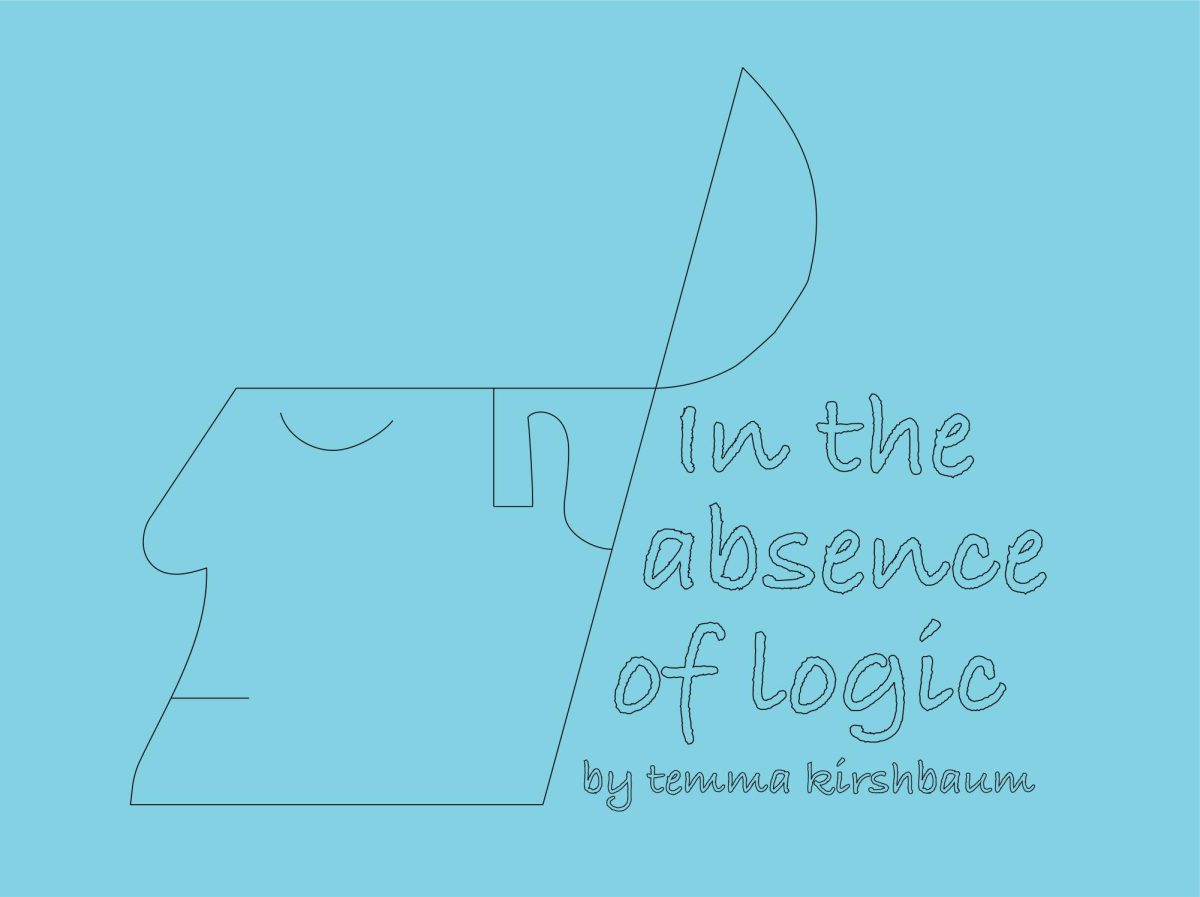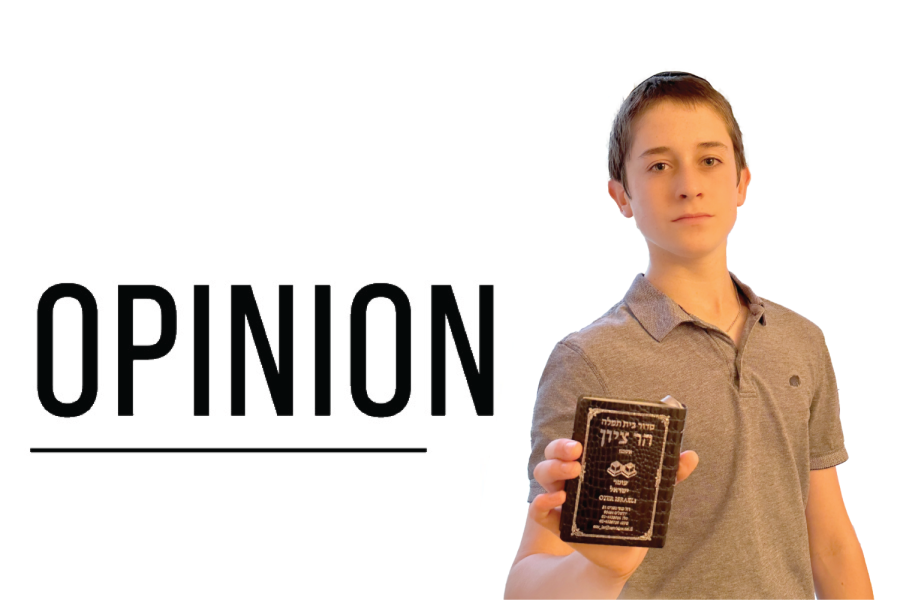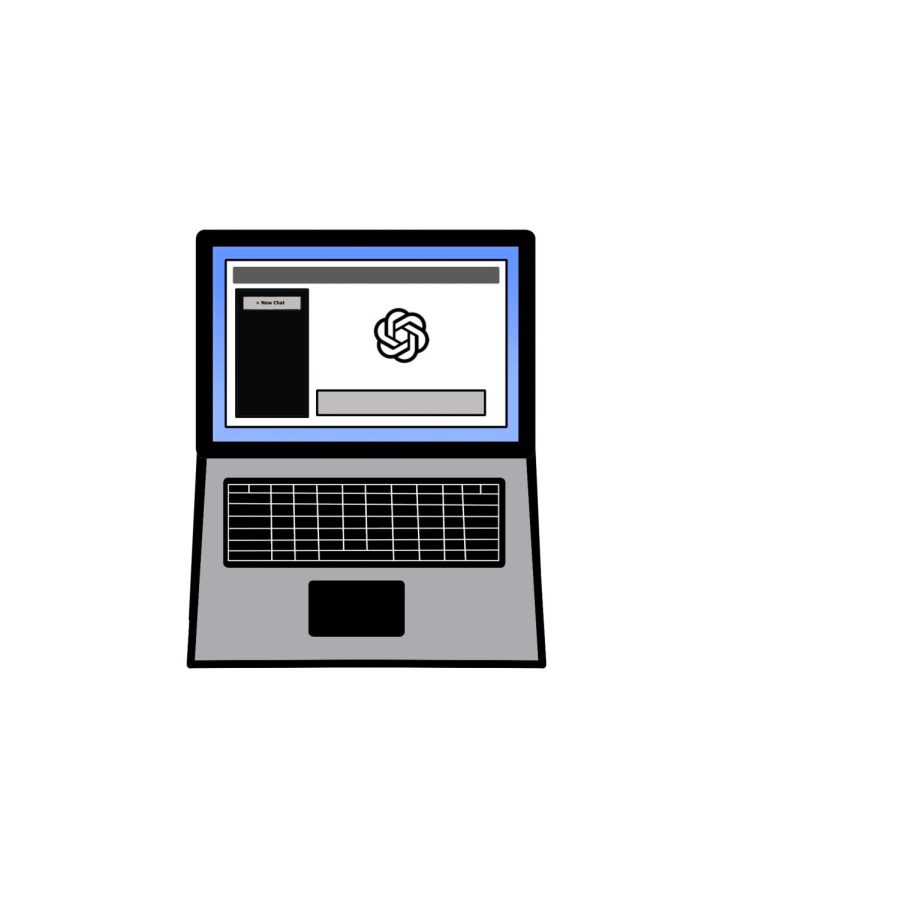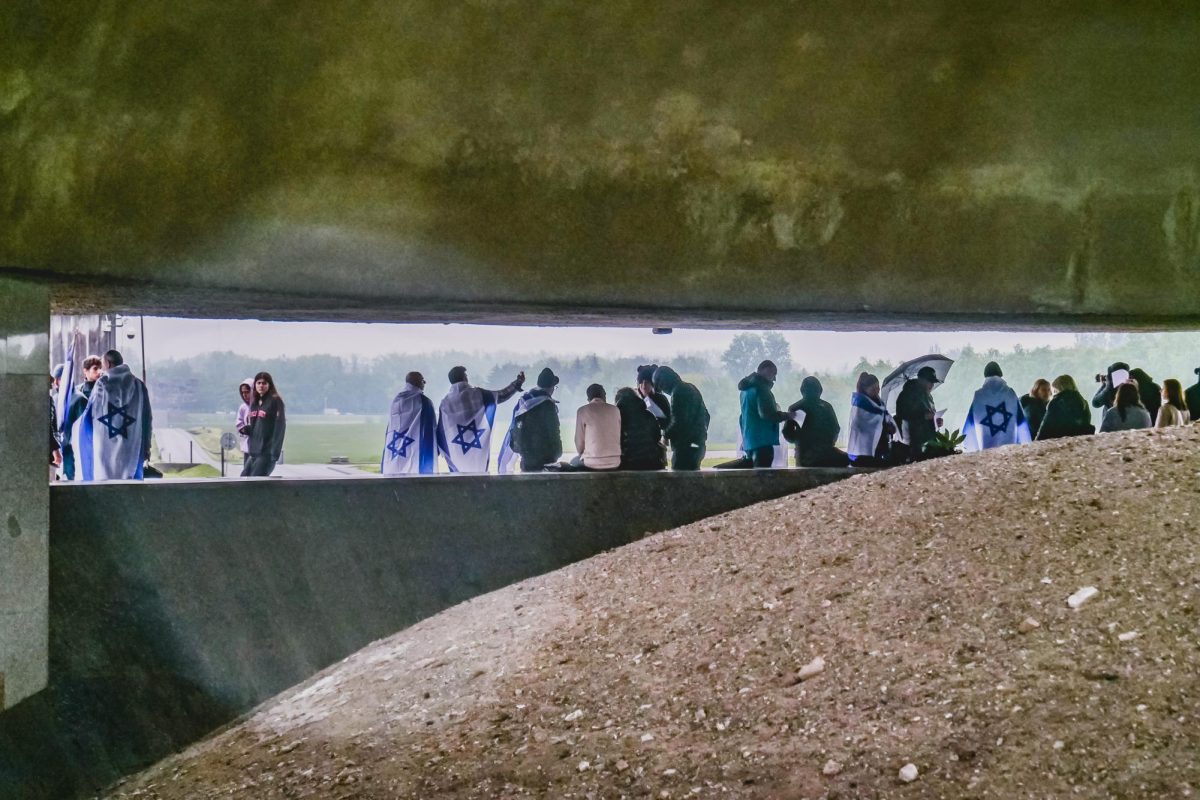The world’s eyes never seem to leave Israel, but it appears they’re looking with even more concentration following Operation Cast Lead last winter in Gaza. The UN Human Rights Council, in a report submitted by retired South Africa judge Richard Goldstone, makes some excruciating accusations: that Israel deliberately targeted Palestinian civilians and their infrastructure, used human shields, utilized the powerful chemical agent white phosphorous in ways that violate international law, and perpetrated a host of other war crimes and crimes against humanity.
Sinat chinam, or baseless hatred, for Israel isn’t hard to come by. But the Goldstone report cannot be dismissed as baseless simply because it condemns Israel, and even if it is mostly one-sided. Students should read the report itself, along with analysis from several different sources and the Israeli counter-report, so they can think about the issues it raises and decide for themselves.
Here at Shalhevet, students often use the notion that “everybody hates us” as an excuse to avoid a topic more challenging and distant than tomorrow’s Physiology quiz. But contrary to popular belief, supporting Israel no matter what makes you a worse Zionist, not a better one. It’s essential that we constantly examine Israel’s actions so that we can maintain the standard of morality that we expect from our Jewish state – just as we examine the actions of the United States not because we don’t love it, but because we do.
The Goldstone Report has many shortcomings, including lack of emphasis on Hamas’ egregious violations of international law in targeting civilians in Israel with rockets year after year, which caused this war to begin with. The report found no evidence of Palestinian militants using civilians as human shields, despite the plethora of live footage and Hamas’ admission of this practice. A report that omits such glaring and essential information cannot be the honest and unbiased evaluation that it claims to be.
But we still cannot dismiss it without first exploring it fully, for the same reason we study the U.S. Constitution in Government class: you can’t evaluate something you haven’t yet read. Browse the UN document itself at www2.ohchr.org/english/bodies/hrcouncil/specialsession/9/docs/UNFFMGC_Report.pdf, and Israel’s counter-report, which can be viewed at http://www.mfa.gov.il/NR/rdonlyres/E89E699D-A435-491B-B2D0-017675DAFEF7/0/GazaOperation.pdf. Also, The Boiling Pointhas a story summarizing some of Goldstone’s findings, and Israel’s reasons for discounting them, beginning on Page 1.
And don’t get your news from only one source. Not only is this contrary to Jewish tradition — we learn Hillel and Shamai — but it’s also not the Shalhevet way: in Town Hall, we benefit from hearing differing points of view every week. If you normally follow MSNBC, check out Foxnews.com. If you read weekly bulletins from AIPAC or Stand With Us, try jstreet.org. If you often read jpost.com, try Al-Jazeera. Willingness to listen to another perspective shouldn’t end when we step out of the Beit Midrash.
Regardless of your political affiliation, and regardless of how many words it spends berating Hamas, the Goldstone Report should raise weighty and challenging questions about Israel’s conduct in the Gaza War. But if you ignore the report entirely because you consider it “anti-Israel,” you’ll never get to grapple with any of them.






